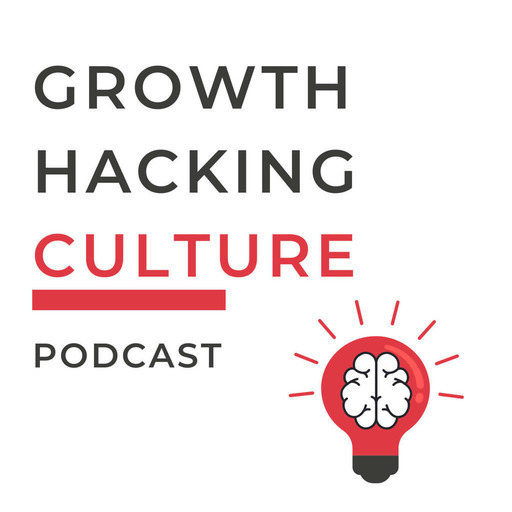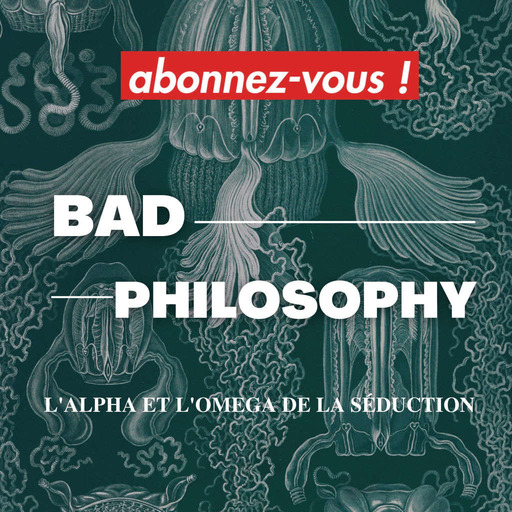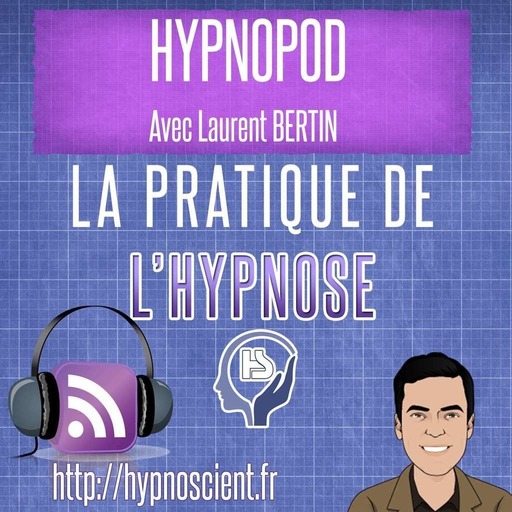We are living interesting times: my question is in 10-20 years will we still call the COVID times or it will be called the the great reflection times ?
In recent times employees attitudes have changed from just earning money to creating value at work. They want to contribute the thing is that this search for purpose at work is in the back of the minds of the majority of people and finding alternatives is becoming critical. Something that is essential for us, the search for meaning through spirituality is something that is sometimes misunderstood. In particular, when we think about Buddhism, we think about religion or we think about meditation and yoga mats. But but But it's more than that.
About our guest Ryan Estes
Ryan Estes is the founder of Kitcaster and Wildcast. He is a also a marketeer and tech founder. He is disrupting the podcast industry but more than that his vision on how to lead companies that are purpose driven is what makes him the appropriate guest for our episode today: He practices Buddhist principles in life and business.
How to reach out Ryan Estes?
- On LinkedIn https://www.linkedin.com/in/estesryan/
- Check out https://kitcaster.com/ryan-estes/ or https://www.gowildcast.com/
About Buddhism in life and work
When we talk about Buddhism some distinctions about American Buddhism because certainly, the culture is very prevalent. In America, the Buddhist tradition is very young. And so we're trying to grapple with what is Americans contribution to Buddhism? What can we offer the community as a whole and also how are we going to incorporate some of these principles into our practice? We have heard about Westerners converting to Buddhism, mainly in the early 20s. There was people like writers like Herman Hesse, who was German or Austrian, one of those, so converted to Buddhism. And they both had other writers who were following but in the USA, I think it came wide after the 50s that there was an integration into this culture. There was an integration of these spiritual principles in the in this ideology.
For people who aren't aware of Buddhist principles, what does it mean to live and breathe? These principles in your day to day life? Buddhism has a way of soaking into a culture or into different religious traditions. 95% of them don't have any contemplative meditation practice at all. It's really more of a religious practice. In Ryan's practice, and this is kind of taking the lead from the Dalai Lama, where the Dalai Lama said, you know, if you're reading our scriptures, and there's a section where it said that the Buddha walked and flowers bloomed from his footprints, he's like, take that with a grain of salt. That's poetry. We understand with physics and science that like actually that can happen, which is really refreshing. So that's to say that in Buddhism, there's a very small lift when you're talking about things to believe. And in fact, particularly with Zen Buddhism, there's nothing to believe there's there's you don't need a doctrine that can be helpful. You don't need a teacher, it can be helpful, but there's nothing to believe here. Rather, Buddhism is something that you do. There's different techniques, as far as like contemplative techniques that will evoke different consciousness states and different states of being so with the end goal being like I want to be the best person I can for the people that I love and for the people that have expectations on me, what are the practices that will lead me to that is the main question?
Furthermore, if we want to change the culture of the company to make it a little bit more human, more human changes that's at the top. What would be your message for a founder or a CEO to consider creating a business culture, centering, kindness, mindfulness and purpose what could be the years the message if you have the magic wand and you have the opportunity to say it face to face? You know, you could see what happens when good intentions go terribly wrong There are a lot of times, those late night ideas that pop into your head, probably not a good idea. You know, I think the first step is to really become sensitive to it. Like really, if that's really something you want to I want to change the culture you realize right from the beginning, like how almost impossible this is going to be to do how long this is really going to take how much of a sacrifice this is really going to be in like, are you fit for that? Are you fit for the kind of cultural change that needs to happen inside of you so that it can emanate to everybody else?
Misconceptions about Buddhism
What could be the things that you consider as a misconception of Buddhism?
- The main one is the idea of enlightenment. We have I think, I have kind of a cartoonish representation of that if you see someone in a cartoon that's been enlightened they're in this like pose and they're hovering above the ground. And of course, a lot of that has been informed by folklore, like monks that you know, can melt snow and they can, they can levitate and stuff. You know, that, that that and somehow, the idea of enlightenment is something to be pursued. And then once you have enlightenment, it's a thing and you're some kind of Christ like deity now that that drifts off into the sunset. I think it's counterproductive to the essence of Buddhism, which really speaks about like, Hey, if you're pursuing enlightenment, this isn't the place for you.
- So maybe a more accurate way to understand enlightenment is, again, enlightenment is a mental state. You know, you can be in a state of enlightenment. There's maps within within Buddhism that will show you as you're approaching those states, what kind of things will kind of be arising in your mind and in your body? So if you want to pursue that, that's great. But like, once you climb to the mountaintop, you still got to come down, you know what I mean? Jump wood carrying water. So I think that that the idea of enlightenment is, and there's a kind of a purity associated with it.
Components of Spirituality
- Ryan's favorite definition of happiness is happiness is freedom from the pursuit of happiness. Yeah, you let that go. There it is, which speaks to the other component of spiritual practice. Again, not something you believe rather something you do you know speaking to like the secular spirit, scientific materialists. You know, there's benefits to it.
- The other side from a spiritual component is the insights and meditation or insights and wisdom traditions.
How is Ryan's changing the world with his two companies, Kitcaster and Wildcast?
Ryan says: I think my best opportunity to change the world to love my children and steer them in the right direction. You know? If you want to be real Buddhist and one thing you do have to believe in is reincarnation, because there's no scientific evidence to that but it's encouraging because they've been kind of released you from the stress of having one life so I can if I take this one life and change the runner direction, just 10% in 100 lives, you know, my progeny are going to do great. I like that. But if I can, do you know there's a principle in Buddhism called right livelihood, and the fact that I work in podcasting to me really feels like right livelihood, because, you know, whereas you you're a creative and you're out here creating opportunities, and creating new thought we actually facilitate that opportunity, which feels like a really great place for us.
This episode of Learn With Bessern is hosted by Ivan Palomino
If you enjoy this episode follow this podcast and write a review. Thank you


 Emissions
Emissions







